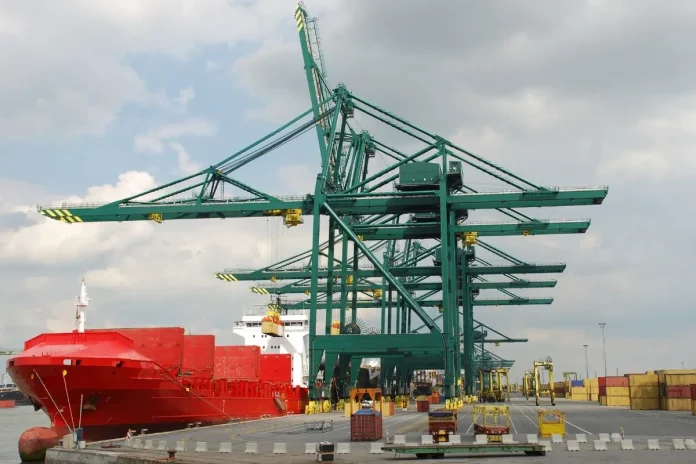Sanctions imposed on Russia have pushed energy prices to record highs across the continent, hurting business and consumer confidence and increasing the risk of another recession, even before some states have recovered from the pandemic-induced downturn. The European economy is feeling the threat of economic downturn from Russia’s war in Ukraine as growth stalls, confidence plummets and inflation soars, data and warnings from policymakers made clear on Wednesday.
Germany will be among the hardest hit and the government’s council of economic advisers have lowered their growth forecast for this year to 1.8%, which is more than halve, on Wednesday. The country is biggest economy within the bloc and one of the most reliant on Russian energy.
The advisers, whose forecasts guide the government in setting fiscal policy, also predicted that German inflation would double to over 6 per cent. One of the panel’s members said the risk of a recession is substantial, adding the economy would now take until the third quarter to return to its pre-pandemic size.
European Central Bank President Christine Lagarde also warned that, as the conflict drags on, Europe’s economy could suffer more than feared just a few weeks ago.</p>
“The longer the war lasts, the higher the economic costs will be and the greater the likelihood we end up in more adverse scenarios,” she said in a speech.
“Households were already becoming more pessimistic and businesses could soon be postponing investment,” she said.
Her cautionary statement was undergirded by a sentiment indicator that showed the war had sent consumer confidence in the euro zone plummeting and inflation expectations to record highs.
The European Commission’s economic sentiment index dropped to 108.5 in March from a downwardly revised 113.9 in February, while consumer confidence plunged to -18.7 from -8.8.
The biggest hit to confidence came from inflation, which is hitting hard at consumer spending power, even as governments quickly roll out subsidies to ease some of the burden.</p>









